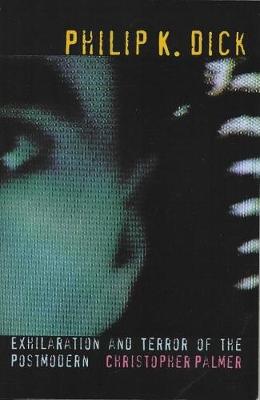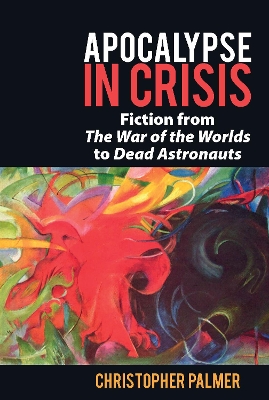Liverpool Science Fiction Texts & Studies
2 primary works
Book 27
Book 72
Apocalypse is traditional and familiar, and it is an actual threat; it is feared, desired, and banal. Apocalypse in Crisis discusses fictions from the 1940s to the present, examining shifts in the imagination of apocalypse from the postwar British disaster novels, through novels of the countercultural sixties, feminist interventions, and recent revisions and critiques. As empire fades, ideas of sexuality shift, and attitudes to nature and to the city change, so apocalyptic fictions change. The individual subject is asserted, immolated, transcended, abandoned; individual deaths are substituted for mass death; death is faked or erased. The subjects and survivors of catastrophe set about re-establishing civilization, or they abandon it, finding new ways of being and of dying; they respond to it when it comes from outside, as an invasion, or they are immersed in it, as it shifts from being an event to being a condition. They flee the city for the country, or accept that they must draw on the energies of the world city in order to survive.
The book includes detailed discussion of novels by H. G. Wells, George M. Stewart, Nevil Shute, John Wyndham, Arthur C. Clarke, J. G. Ballard, Brian Aldiss, Doris Lessing, Angela Carter, Anna Kavan, Arno Schmidt, Anthony Burgess, Ursula K. Le Guin, Tom Perrotta, Douglas Coupland, Don DeLillo, China Miéville, Jeff VanderMeer, and Kim Stanley Robinson.

